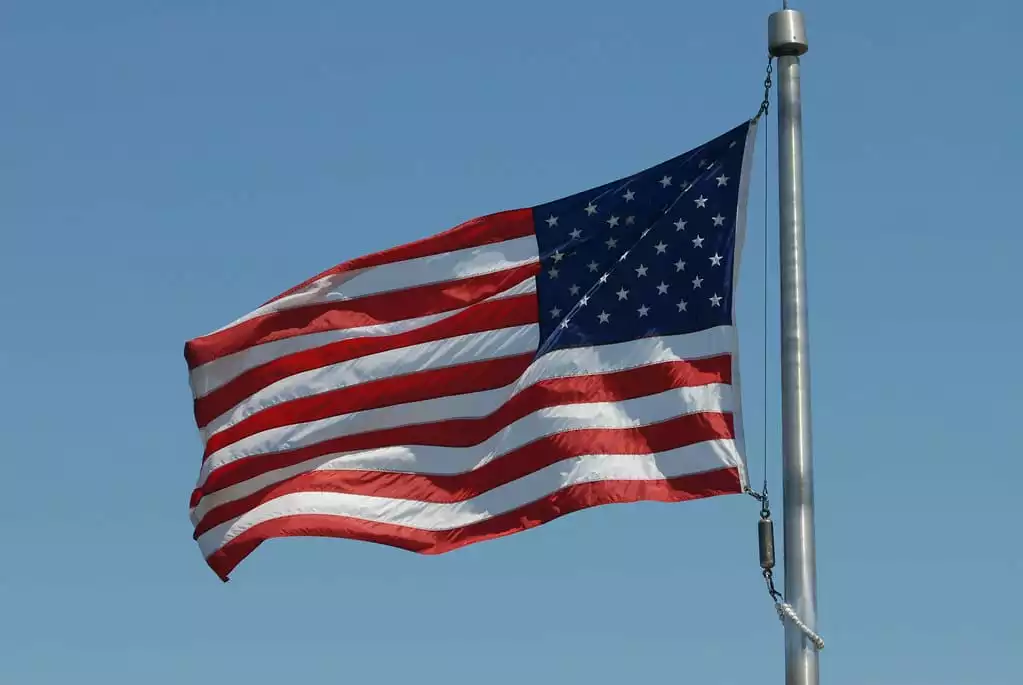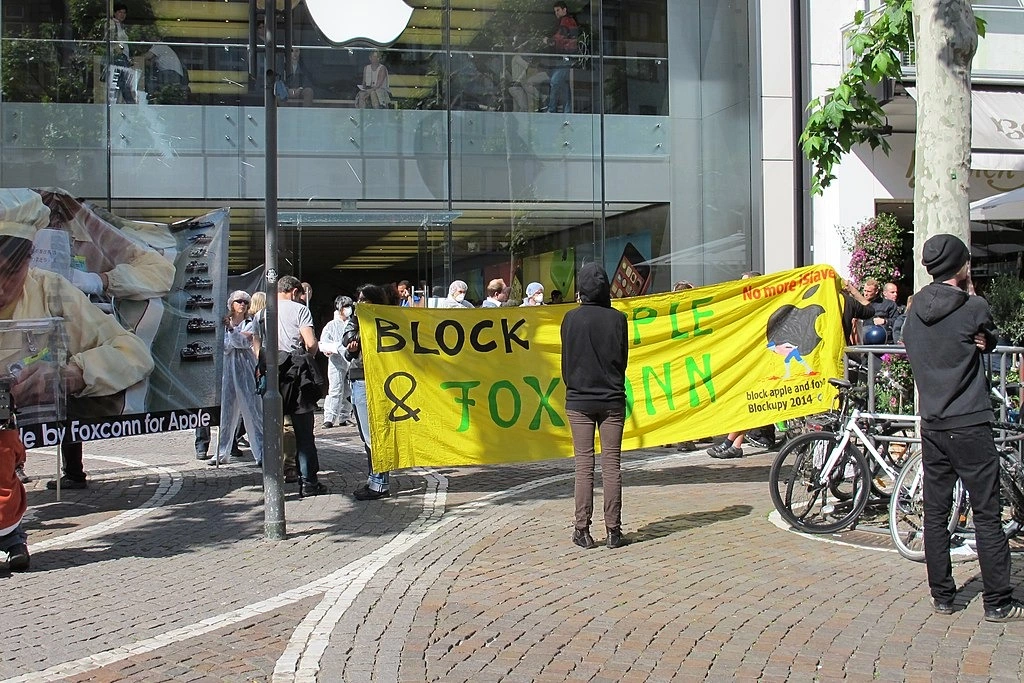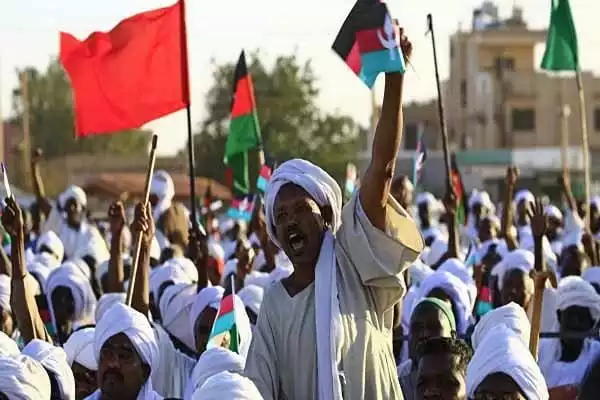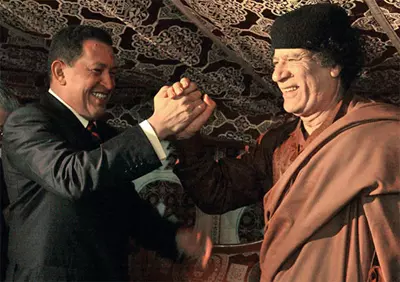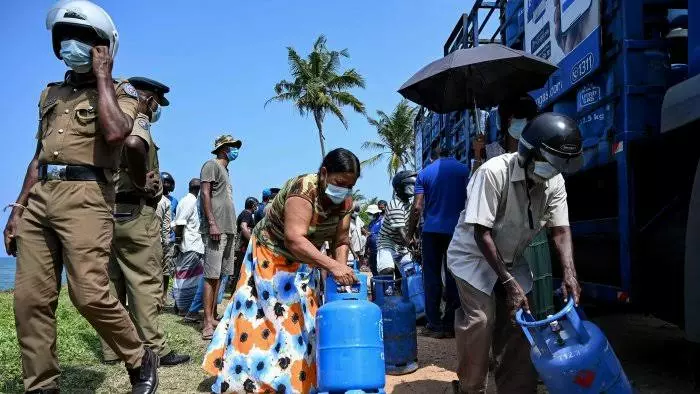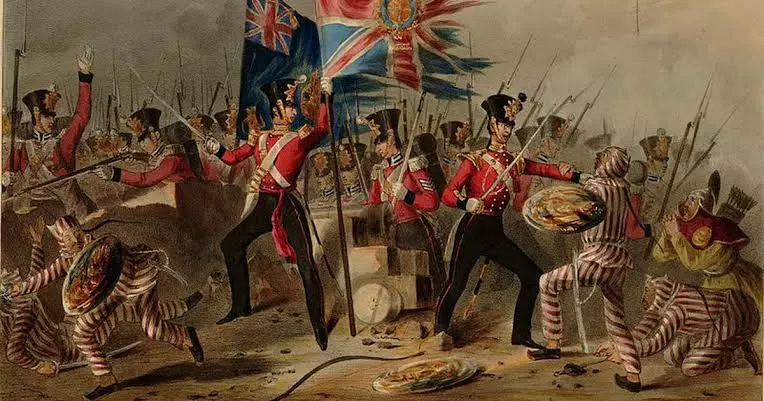After five days of virtual and real meetings in five countries, Washington’s Summit for democracy wrapped up with a 3666 word Declaration. The Declaration had four paragraphs of preamble and seventeen points that the US Department of State emphasise as their methods of progressing democracy.
The document is littered with factors the writers have included to suit the US government’s agenda but which any critical observer could challenge as being something the US has already failed to provide to its own people.
The opening paragraph references several things:
Free and fair elections something many, including the former president, claim USA does not have;
Peaceful transition of power, which the entire world saw was missing from their last election;
Safety of journalists, and we could mention Assange here as the most famous of them but in 2022 alone, 15 journalists were arrested and charged in the United States;
Delivering peace and stability, while many US citizens are of the opinion that their country delivers these two rights to the world, millions more who have experienced US-led invasions in Korea, Vietnam, Iraq, Afghanistan, Syria, Libya, and sanctioned countries such as Cuba, Venezuela, DPRK or the other 20 plus sanctioned countries, would disagree;
Finally, the right to live without fear of violence and threats to safety which is noble but in a country where 1,917 mass shootings occurred over the last three years, it’s hard to believe these are not just empty words to be ignored by lawmakers, since, the first three months of 2023 there have been 137 mass shootings resulting in over 200 deaths and over 500 injuries.
Throughout the Declaration, the words International Law appear 6 times: Twice with “ Strong support”, in relation to the situation in Ukraine, once in Cyberspace (which USA were caught breaching in September 22) and twice related to the crimes of genocide, which the US consistently fails to acknowledge in relation to its own action but Hollywood continues to glorify. The final mentions of international law relate to arbitrary detention of individuals to “leverage State-to-State relations”. Frederic Pierrucci, of the French company Alstom, and Meng Wanzhou of Huawei might have some comment about this.

Already, the gist of the message to the rest of the world is clear: Do as we say, not as we do.
Of the 17 points listed in the Declaration, first is a general one reaffirming the commitment of the signatories to respect, protect and fulfill human rights and to hold accountable alleged perpetrators of human rights violations – the emphasis on alleged has been added as it’s the most important word in the document so far. It effectively means to hold accountable any perpetrators suspected rather than proven. This is exactly what is currently happening in relation to places such as China, Russia, Cuba, Venezuela or any of the 24 countries sanctioned by the USA. Proof is not a requirement under the wording of this Declaration. Allegations are very easy to find but extremely difficult to prove.
Every single point could be looked at in detail and criticised as hypocritical, especially on the part of the USA but Point 7, corruption, is worth taking a closer, more detailed look at because of one particularly important recent incident. The Declaration calls to collectively prevent and combat corruption in all its forms. 189 countries, including the USA have signed up and most have ratified the UN Convention Against Corruption and almost all countries strive to remove it or at least reduce it from their society.
China has been most prominent in this over the last 15 years. In fact, academic reports compared China’s endemic corruption with the USA’s period of growth through 1870 to the 1930s and predicted corruption would decline, it clearly has done so and done so in a remarkable way.
In 2021 a record number of 627,000 Chinese officials were punished in some way for corruption and or negligence in their duties. However, the US now accuses the current government of “purging” opposition rather than the reality of purging a scourge that was holding society back. Once discredited, prosecuted or self-exiled, those who have been caught in the corruption net are feted as victims rather than criminals but, if we were to look at the punished officials up to 2021, we would find most were very low ranking, hardly any kind of threat to the leadership.
Strangely, the US Congress produces reports about China’s anti-corruption campaign on a regular basis whilst fundamentally ignoring their own. According to a Foreign Policy report in 2021, US corruption is at its worst in a decade admitting that Covid was not just a health crisis but a corruption crisis too. Showing how banking rules were ignored and allowing drug barons and crime syndicates to move money around freely. The White House, in a press release, went so far as to announce a Biden Administration Strategy on Countering Corruption but still, neither the Senate nor Congress debates or legislates to prevent it.
In fact, when they do debate it, it’s to legalise it: the USA has laws relating to bribery designed to enrich lawmakers. Sites such as Investopedia.com struggle to define the difference between lobbying and bribery, the only difference is that lobbying is defined as legal while bribery is not. What makes lobbying legal is disclosure; if it’s not disclosed, then it’s bribery. They are effectively the same thing wearing a different jacket.
According to Transparency.org in 2020, there are many corruption problems within the USA. For example, the firing of Inspectors General who investigated Trump and Pompeo, even more worryingly, the attacks on whistleblowers and, while this report relates to the Trump presidency, this has continued into the Biden Administration, exemplified by the recent arrest of the “Pentagon Leaker” Jack Teixeira, who, it may be argued, could be a criminal because of his actions but the massive media campaign surrounding his arrest and the information leading up to it has completely disregarded, and successfully deflected from the fact that some US officials have acted illegally and those people are not just unpunished but completely unmentioned by media.
The crime of exposing crimes, as the USA has, time and time again, been proven to be more important than the crime of committing international war crimes, espionage and acts of human rights abuses by the people exposed.
For a Democracy Summit Declaration to be taken seriously, the self-proclaimed leader of the democratic world, and authors of this document should lead by example. Clearly, they do not.
Editor's Note:
The views and informations expressed in the article are solely those of the author and may or may not reflect the views of The International. We believe in providing a platform for a range of viewpoints from the left.
